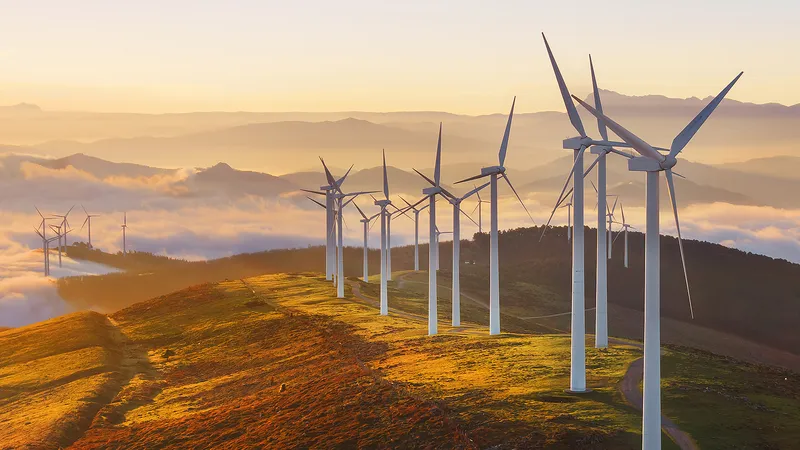Recently, Ecuador went through their election days for presidency in which there are two major rivals: Daniel Noboa (current president fighting for the maintenance of his position) a center-right candidate (previously center-left) and Luisa González a leftists candidate.The election results showcased a fierce competition with Noboa receiving 44.18% of the votes and González receiving 43.92%. However, as Ecuador’s Constitution proclaims there must be over 50% of votes to win the first round, a second-round is being scheduled for April.
Daniel Nooboa is 37 years old and a businessman who inaugurated his position as president on the 23rd of November of 2023, becoming Ecuador’s youngest person to assume the office after winning the elections. As mentioned previously, he claimed and was perceived as center-left, but after he presented a harsher approach to fighting crimes, he was soon labelled as center-right. Since assuming his post, he has prioritized combatting Ecuador’s escalating crime rates, particularly those linked to drug trafficking. For instance, when he and his administration implemented the “Phoenix Plan” they obtained a reported 15% reduction in violent deaths, not to mention enhancing prison security (after an escape of a gang leader which set the population on alert for days). He has also deployed military forces in urban areas to assist in reducing gang activity once recognising that the supposedly conventional gangs are actually terrorist groups as they show organised crimes with structured and armed forces and total control of the prisons and the streets of the nation. In contrast, Ecuador still shows ongoing violence and power outages which poses criticism towards Noboa.
Luisa González is a 47 year old politician (previously a member of the National Assembly in Ecuador) and lawyer. She is part of the Citizens’ Revolutionary Party, and presents a different vision for the country although pledging to tackle the drug trade just as vigorously as Noboa. She advocates for higher social spending, including targeted programs in high-crime areas, whilst also planning strong police and military interventions (just as Noboa). Gonzalez supports the investment in renewable energy (specifically wind and solar power which supply almost 80% of Ecuador’s energy) which she insists the government ought to manage directly. It is important to note that she is eager to provide low-interest credit for small and women-run businesses. Additionally, she plans to put an end to speculated corruption of some governors by reforming the judiciary. Even if her campaign inspires itself almost completely on the previous era of former president Rafael Correa she asserts that her leadership is independent without influence from her exiled political ally for aggravated bribery and corruption.
Overall, Ecuador’s election could significantly impact Latin America. A Noboa victory may strengthen market-friendly policies, boosting foreign investment and aligning Ecuador with center-right governments in the region. An example would be maintaining his close relationship with the US, ratifying military cooperation agreements. On the other hand, a González win could reinforce the wave of leftist leadership in Latin America, leading to increased state intervention, namely the focus on state-controlled electricity/power management and social spending. These shifts could influence trade agreements, regional alliances, and economic strategies, highlighting the broader effects of Ecuador’s political choices.


